Kim Namgil "In the End, People Give Me Strength"
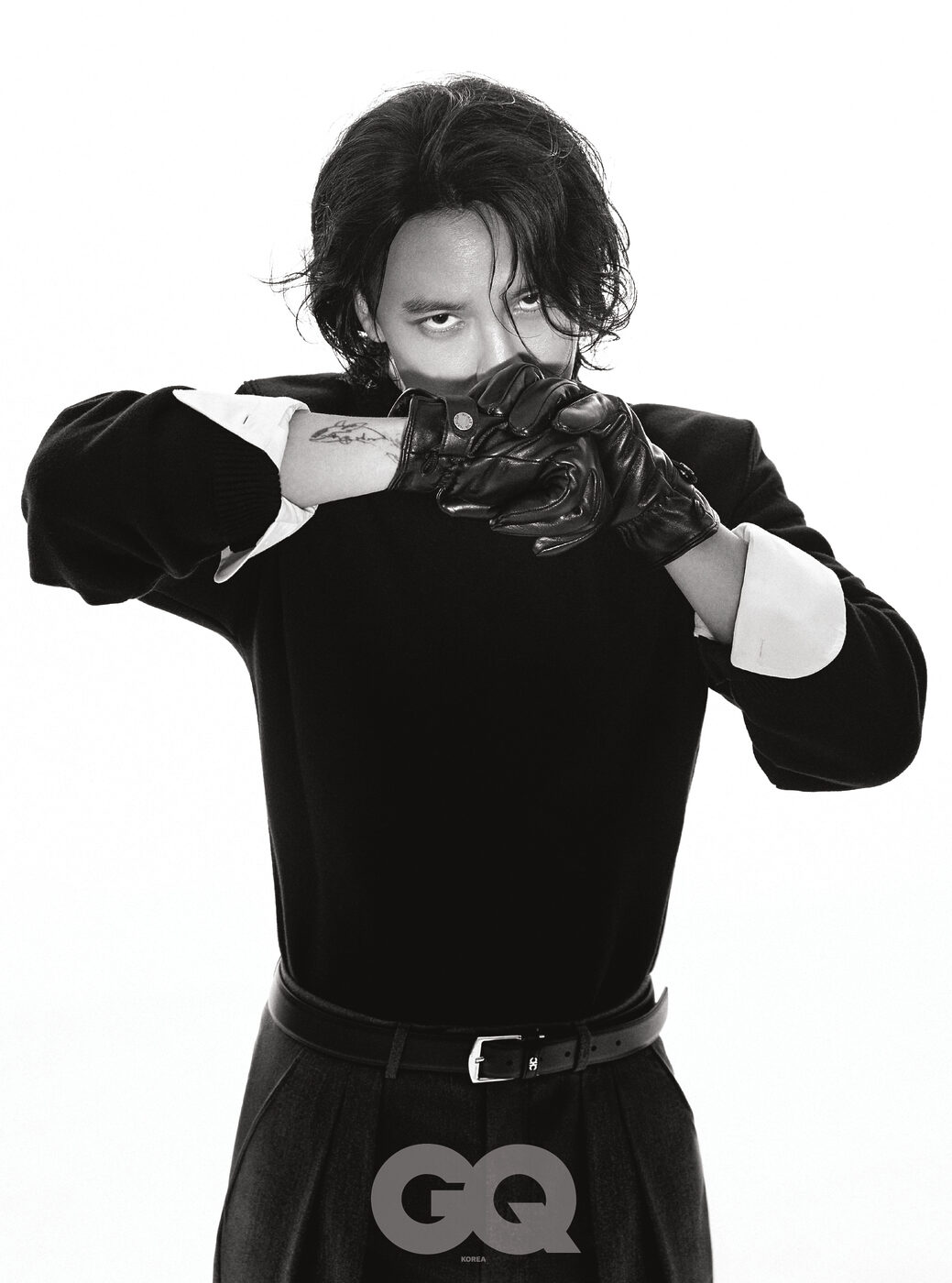 |
GQ: I didn’t know you had tattoos. GQ: It looked so natural, I wondered why I never noticed before. How do you feel—might you get a real tattoo? GQ: Do you still enjoy riding motorbikes? GQ: I have the impression you don’t plan too meticulously. GQ: I’m glad you’re still enjoying motorbikes. I love Whatever Leaves Behind (뭐라도 남기리). |
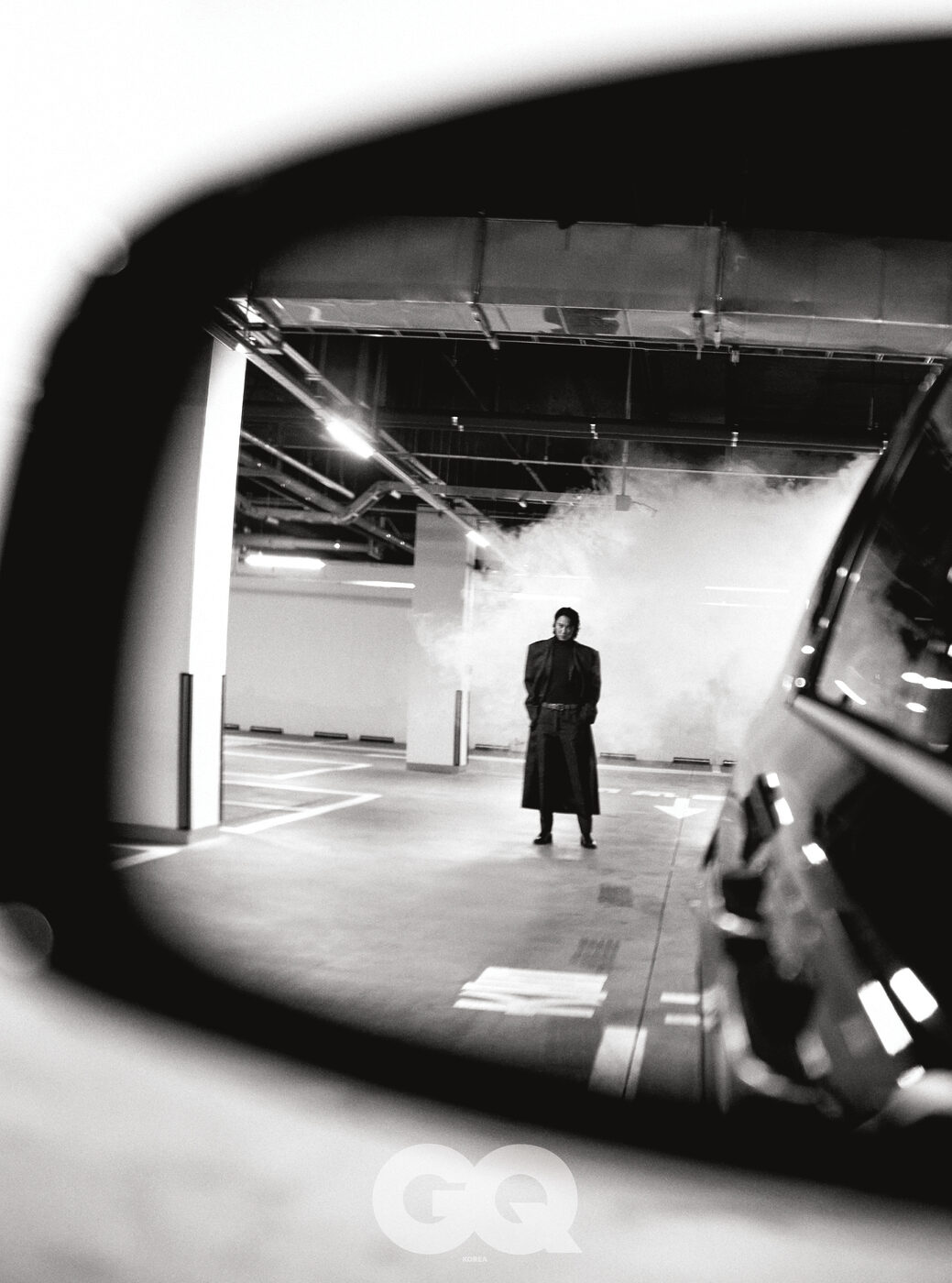 |
Reflection, Values & PeopleGQ: I’ve noticed a recurring theme you often mention—some concept or value that you refer to often without realizing. What do you think that is? GQ: I often think humans are lone islands in the end. |
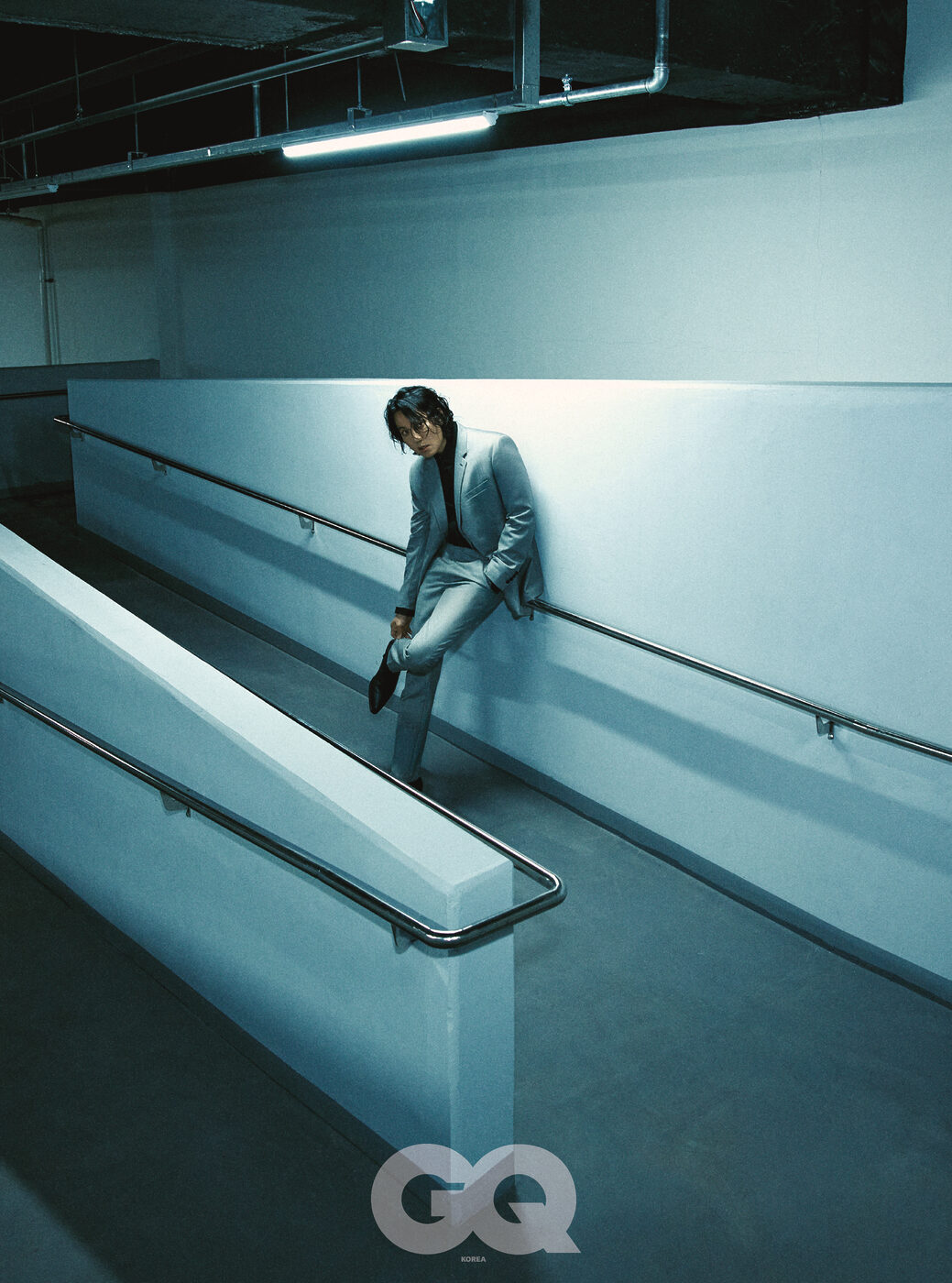 |
Continuing Projects, Deeper ConnectionsGQ: You've mentioned that you followed up after Whatever Leaves Behind with more civic projects, like Behind : ) Chat – Actor Kim Nam-gil. *Personal Note: It's a self-development book by him, chatting with real professionals, yet calm, conscious people. Do support by buying the book. ; )* |
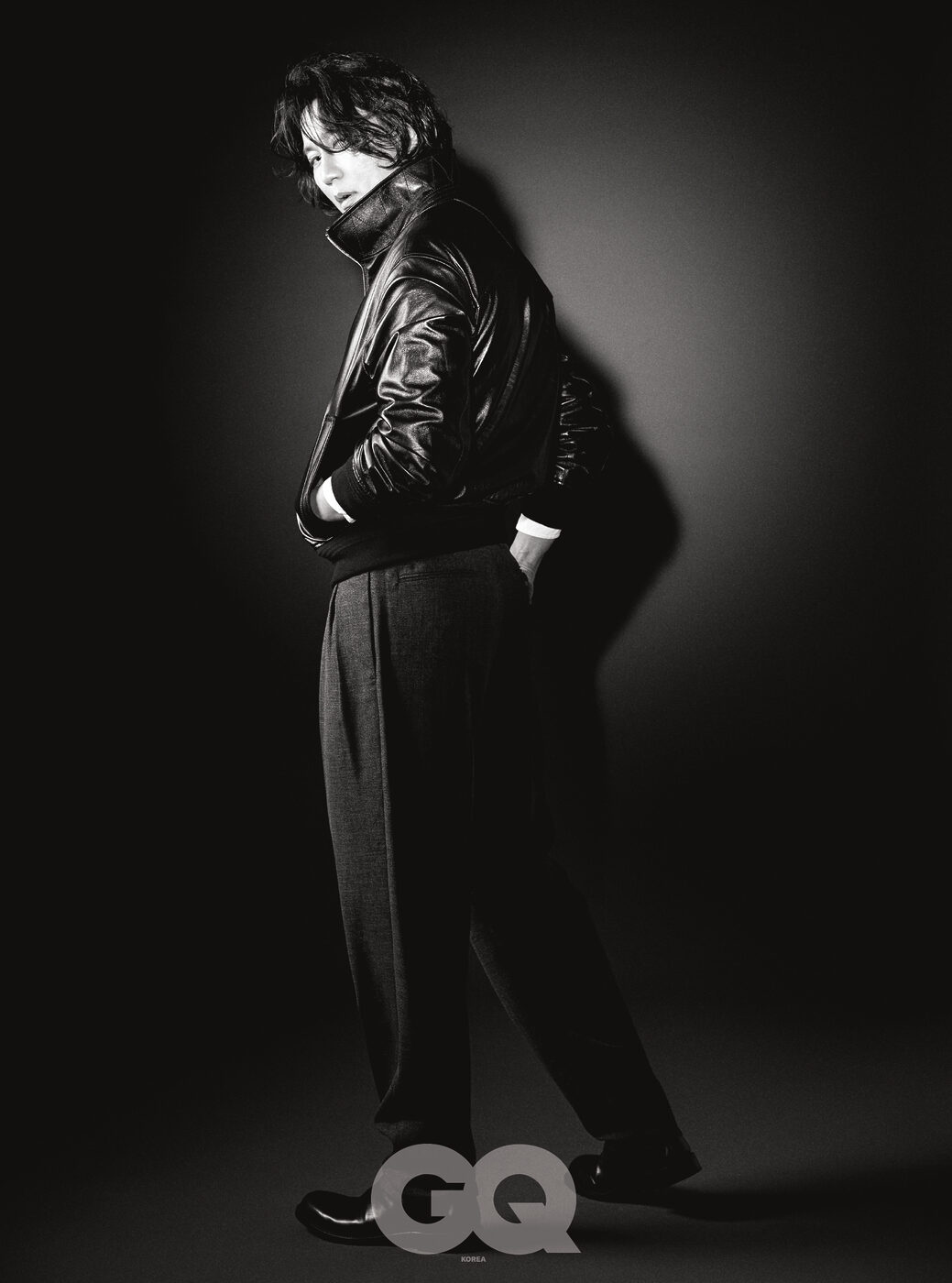 |
Emotional Equilibrium of ActingGQ: You said you’ve been comforted by multiple conversations with the monk. One concept stands out: “maintaining homeostasis without constant stimulation.” Why did you laugh? GQ: In what way? GQ: You seem to accept life’s ups and downs. GQ: Bad Guy was after Queen Seondeok, where you rose as Prince Bidam, and then you enlisted. You said later that being forced into maturity benefited you. GQ: So it was a valuable time. GQ: You asked: how do you find equilibrium as an actor—how'd you do it? |
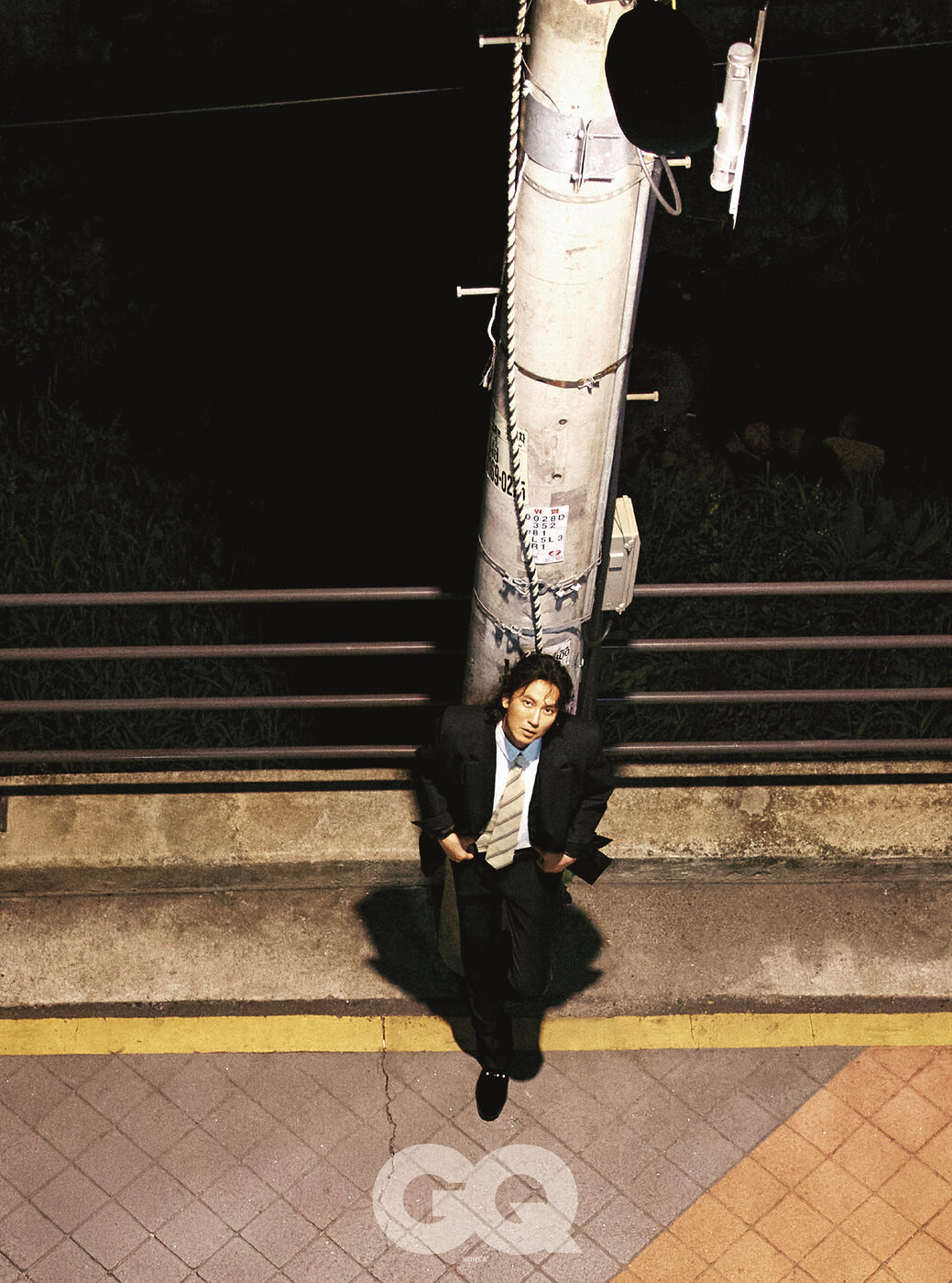 |
Reflection on The Shameless, Aging as an ActorGQ: It’s been exactly ten years since The Shameless was released. GQ: I think it's only now that people will realize this movie's genre is love. GQ: I see. |
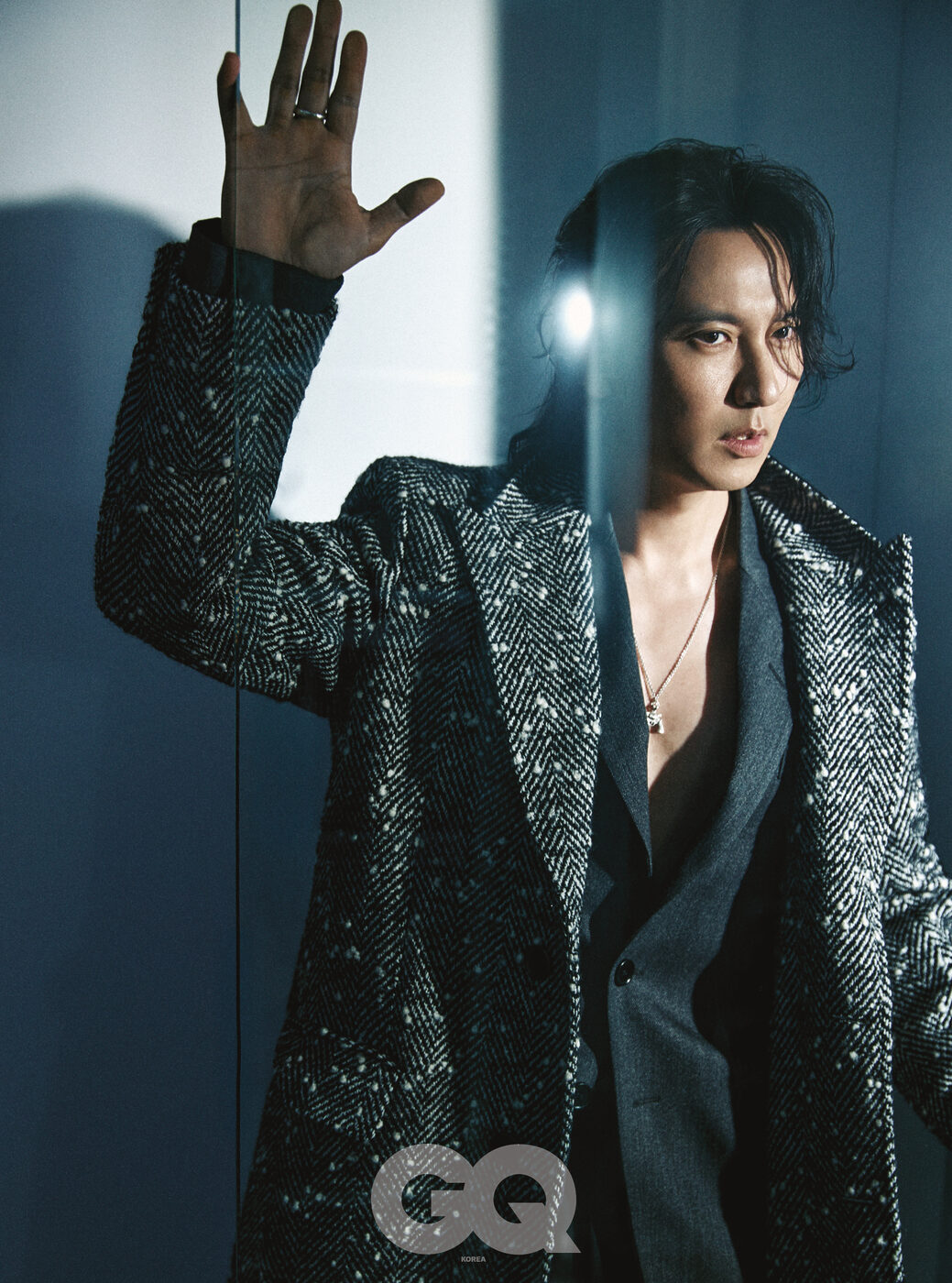 |
Towards Empathy and SupportGQ: You often describe yourself as someone who talks a lot, but from what I’ve seen, much of what you say tends to be about embracing and caring for others. GQ: But isn’t that actually not being okay? GQ: How do you comfort Kim Nam-gil (as a person to support himself)? |
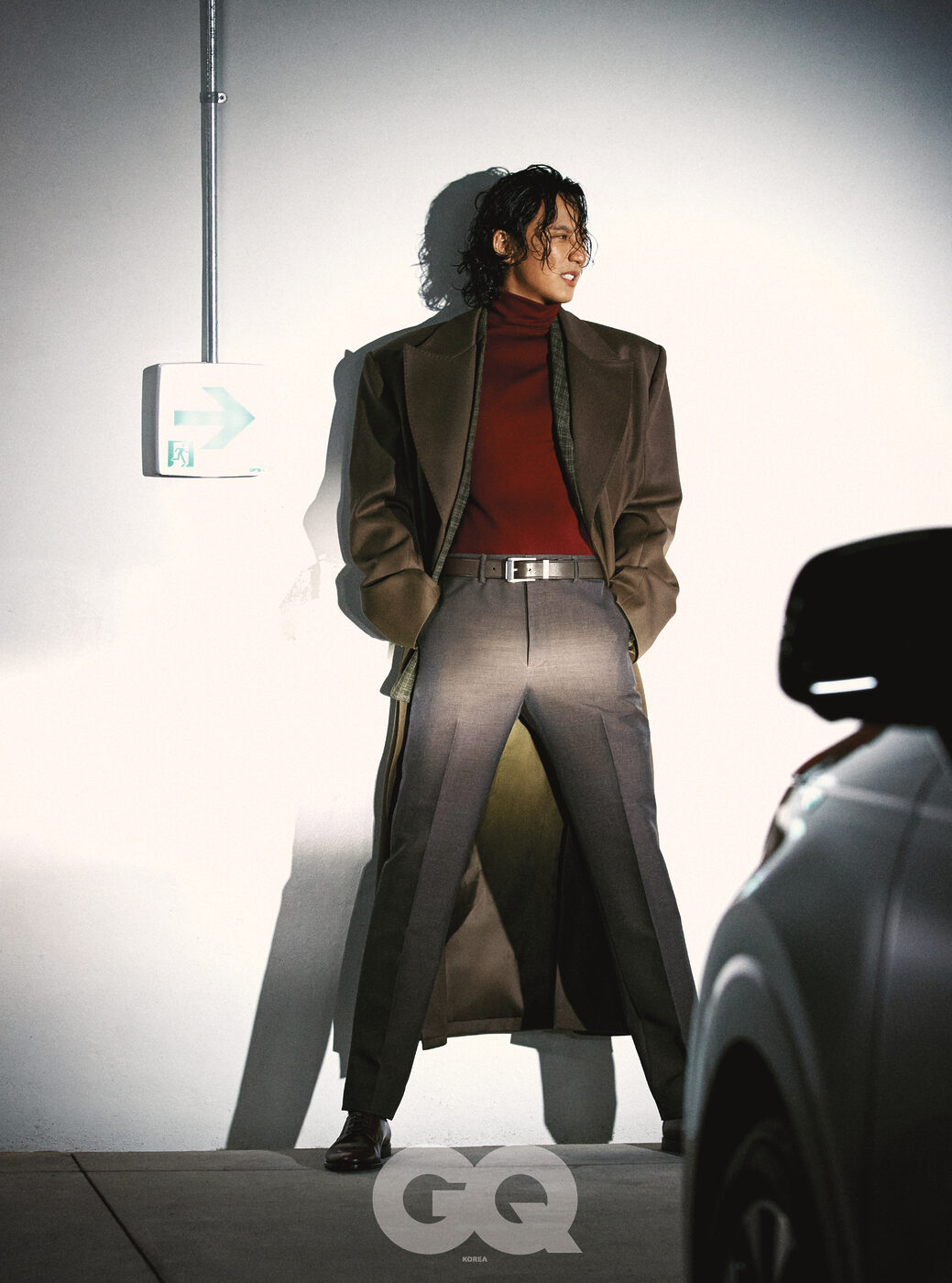 | 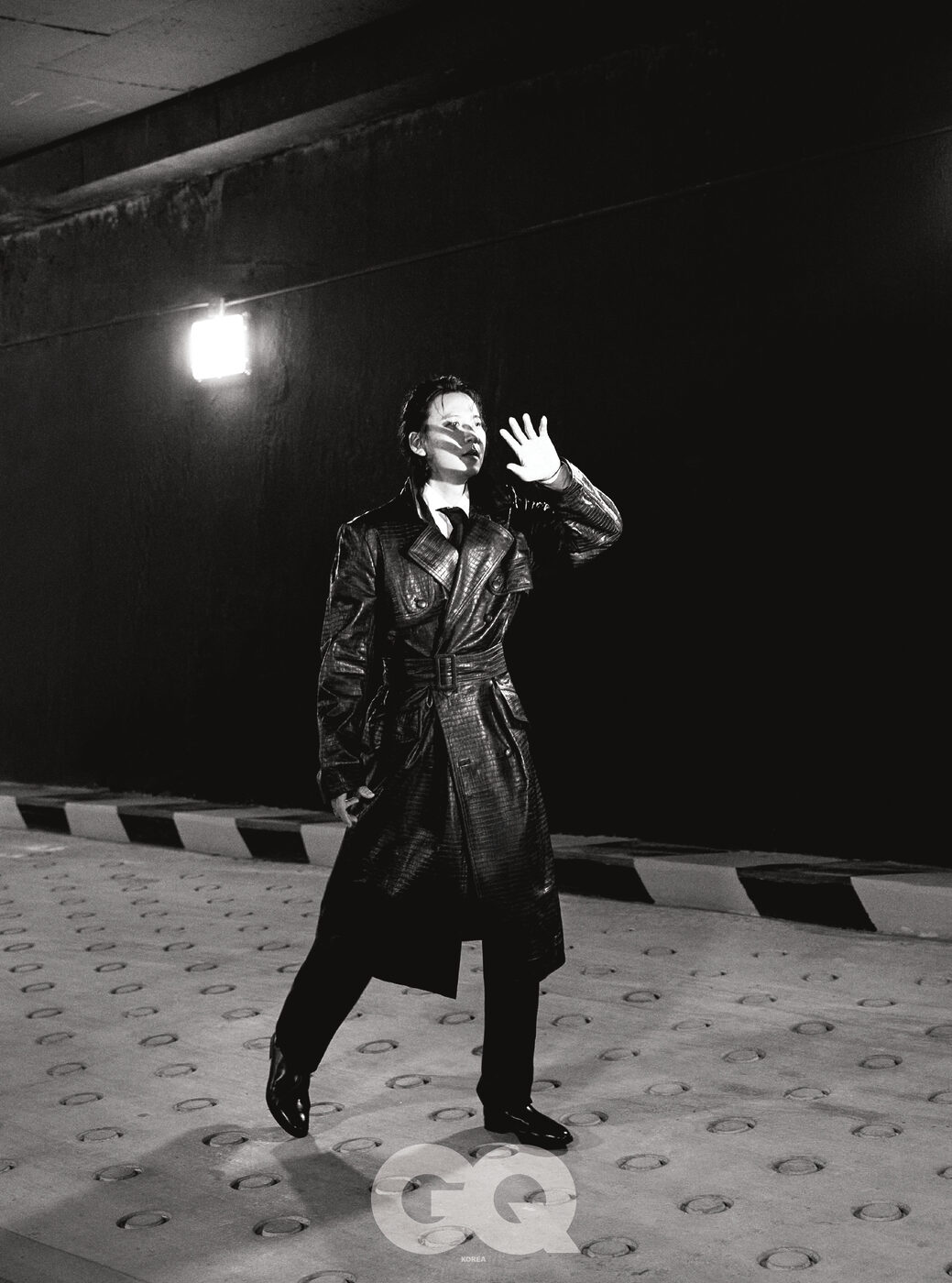 |
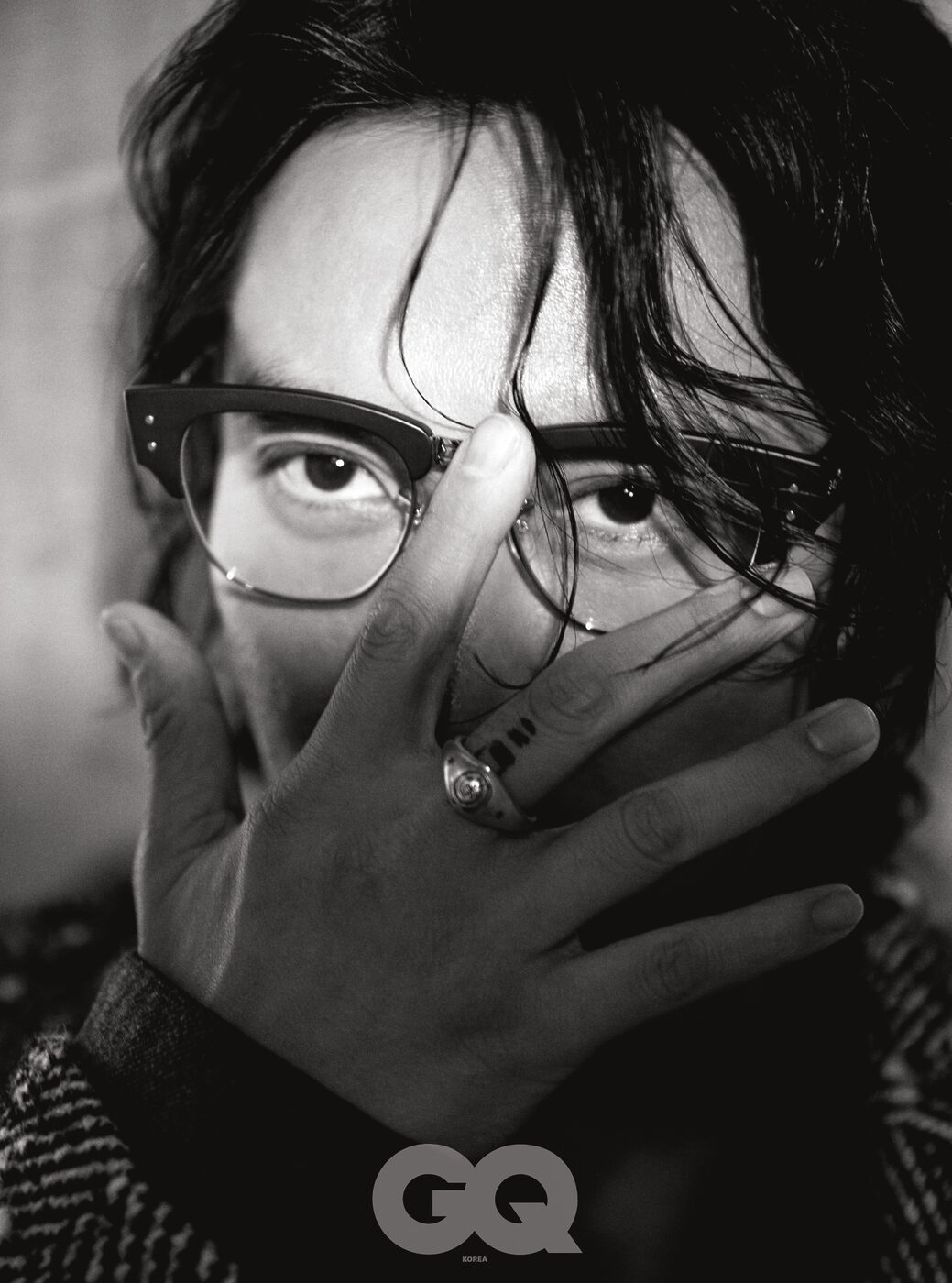 | 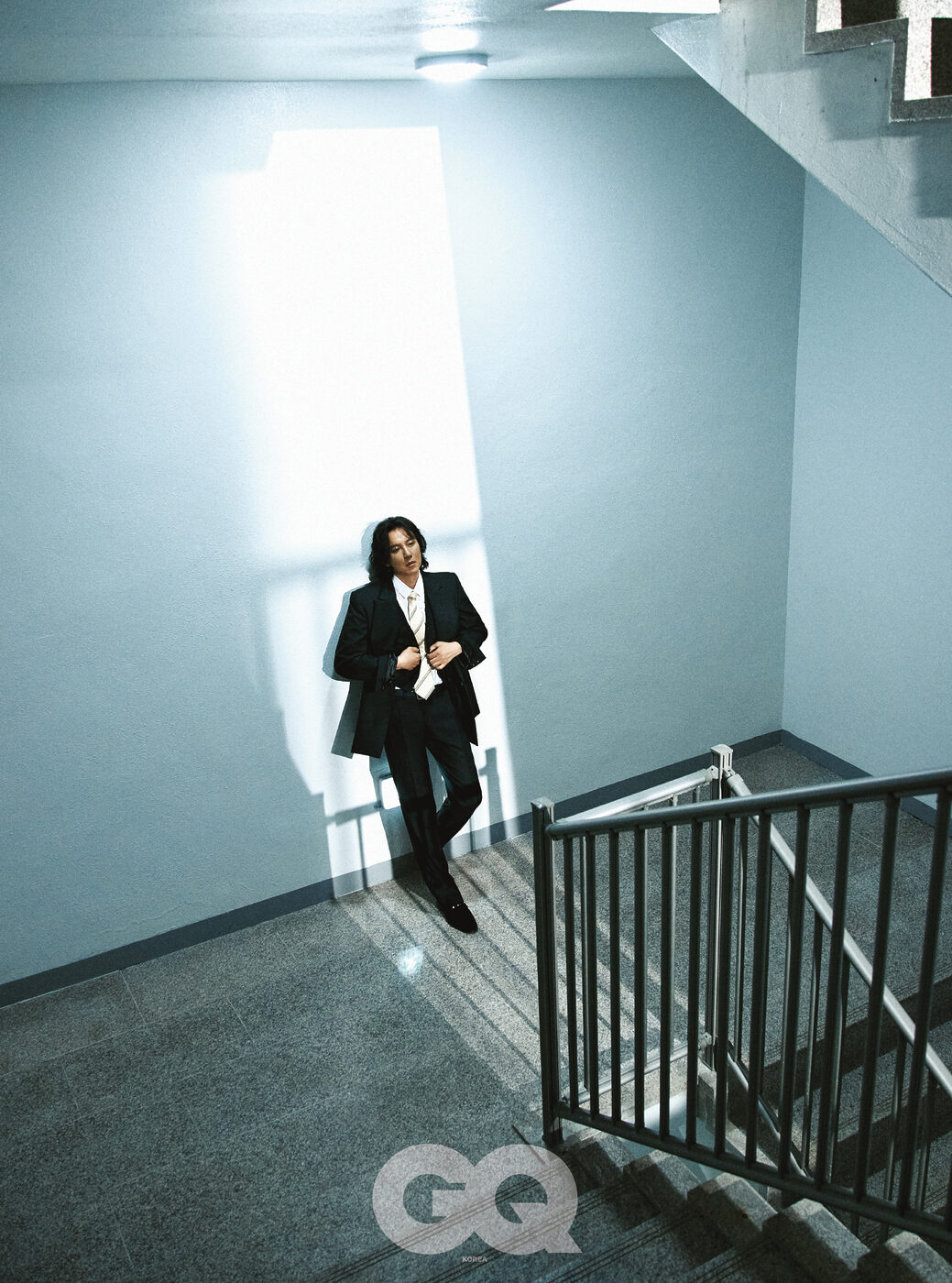 |
*Personal Note: all of this with the help of aye eye translation and adjusted accordingly for corrections with appropriate wordings. Will correct some of them from time to time. Nope for this community's news article anymore, oops—
Recent Discussions
-
BL Drama Lovers Club10 minutes ago - KJMDrama
-
Dynamite Kiss fanfic17 minutes ago - metrikfire
-
MDZS Audio Drama Links ₂₀₂₅1 hour ago - Ellax222
-
if you're confused about 4 Minutes1 hour ago - DonkNky
-
Photo Upload Rules + Report Thread2 hours ago - g_likha
-
Very important question deaduzz2 hours ago - autumn iris
-
How to edit Custom Lists2 hours ago - Michshi
Hottest Discussions
-
Last Asian Song You Listened To?6 hours ago
-
***Count to 100,000***6 hours ago
-
Keep a word, drop a word #26 hours ago
-
Change 1 letter to make a new word #23 hours ago
-
♥️Counting game♥️36 minutes ago



